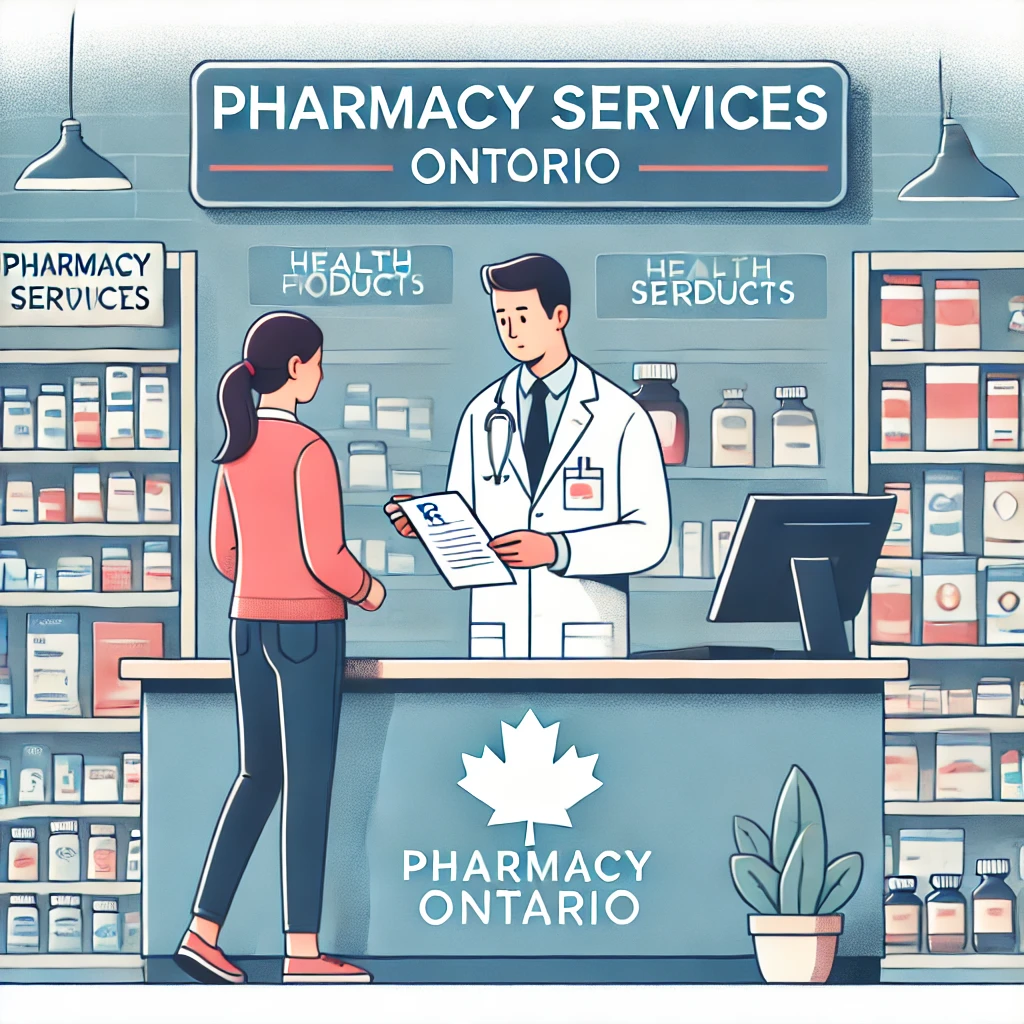In Ontario, pharmacists have the authority to prescribe certain medications and provide patient care services, enhancing their role in the healthcare system. Here’s a detailed overview of what pharmacists can prescribe and the conditions under which they can do so:
1. Medications Pharmacists Can Prescribe
Pharmacists in Ontario can prescribe medications for a variety of health conditions, primarily related to minor ailments and ongoing medication management. The following are examples of medications that pharmacists may prescribe:
- Antibiotics: For certain uncomplicated infections, such as urinary tract infections (UTIs).
- Emergency Contraception: Pharmacists can prescribe emergency contraceptive pills.
- Asthma Inhalers: Pharmacists can initiate or modify prescriptions for asthma medications.
- Medications for Smoking Cessation: Pharmacists can prescribe smoking cessation aids, such as nicotine replacement therapy or prescription medications.
- Flu Vaccines: Pharmacists can administer and prescribe vaccines, including the flu shot.
- Cholesterol and Blood Pressure Medications: Pharmacists can manage and prescribe medications for patients with high cholesterol or hypertension as part of a collaborative practice.
2. Minor Ailments
Pharmacists can assess and prescribe medications for various minor ailments, including:
- Allergies (e.g., antihistamines)
- Dermatitis (e.g., hydrocortisone creams)
- Coughs and colds (e.g., cough suppressants or expectorants)
- Fungal infections (e.g., topical antifungal creams)
- Gastroesophageal reflux disease (GERD) (e.g., proton pump inhibitors)
3. Pharmacist Prescribing Authority
Pharmacists in Ontario can prescribe medications under the following conditions:
- Registered with the Ontario College of Pharmacists: Pharmacists must be registered and hold a Certificate of Authorization that allows them to prescribe medications.
- Complete a Prescribing Course: Pharmacists must complete an accredited prescribing course that covers clinical assessment, diagnosis, and treatment planning.
- Collaborative Practice Agreements: In some cases, pharmacists work under a collaborative practice agreement with a physician, allowing them to manage specific conditions and adjust medications as needed.
4. Refills and Adjustments
Pharmacists also have the authority to:
- Renew Prescriptions: They can refill prescriptions for ongoing medication therapy if the patient has been previously assessed by a healthcare provider.
- Adjust Medications: Pharmacists can modify existing prescriptions, such as changing dosages or switching medications based on patient response.
5. Limitations
While pharmacists have expanded prescribing capabilities, there are limitations to their authority:
- Controlled Substances: Pharmacists cannot prescribe controlled substances (e.g., narcotics, controlled drugs) without specific authority or collaboration with a physician.
- Complex Medical Conditions: Pharmacists generally do not prescribe medications for complex or serious health conditions, which should be managed by a physician or specialist.
Conclusion
Pharmacists in Ontario play a crucial role in patient care by prescribing medications for minor ailments and managing chronic conditions. Their expanded scope of practice not only improves access to healthcare but also helps patients receive timely treatment and support. If you have questions about a specific condition or medication, consulting with a pharmacist can be a valuable step in managing your health.






